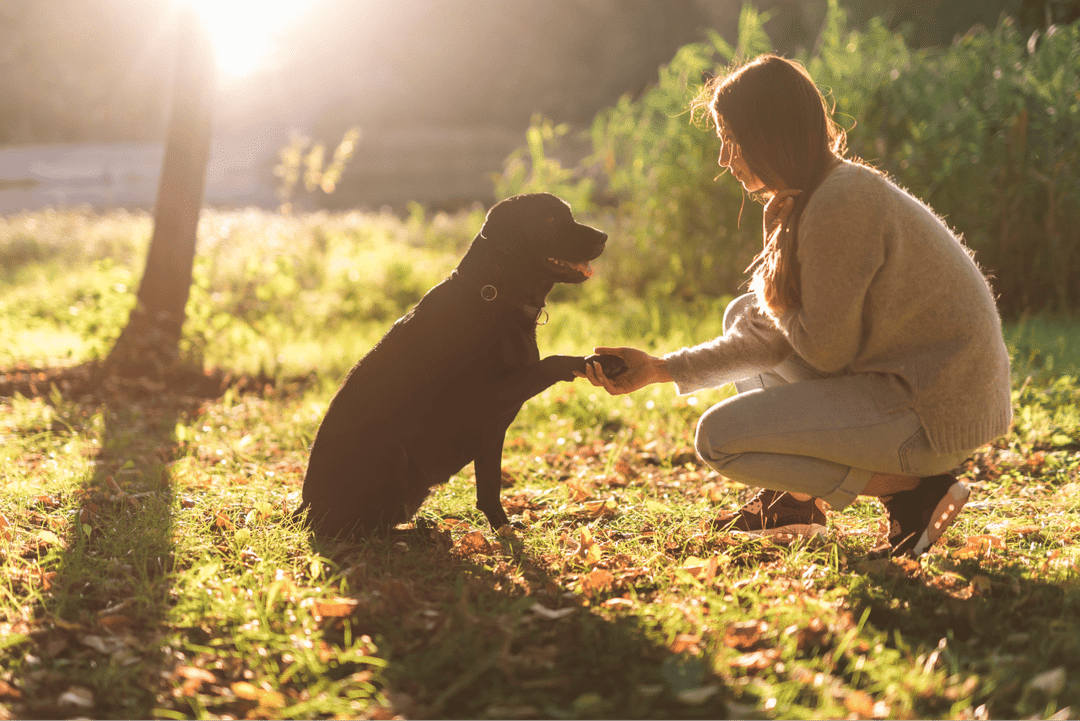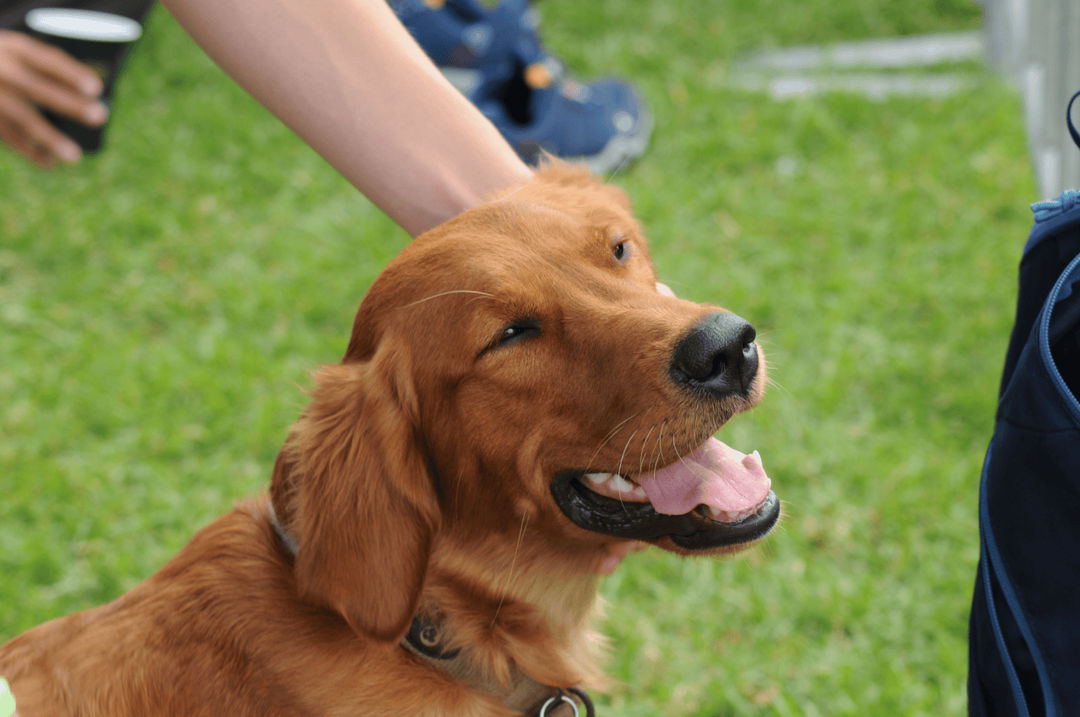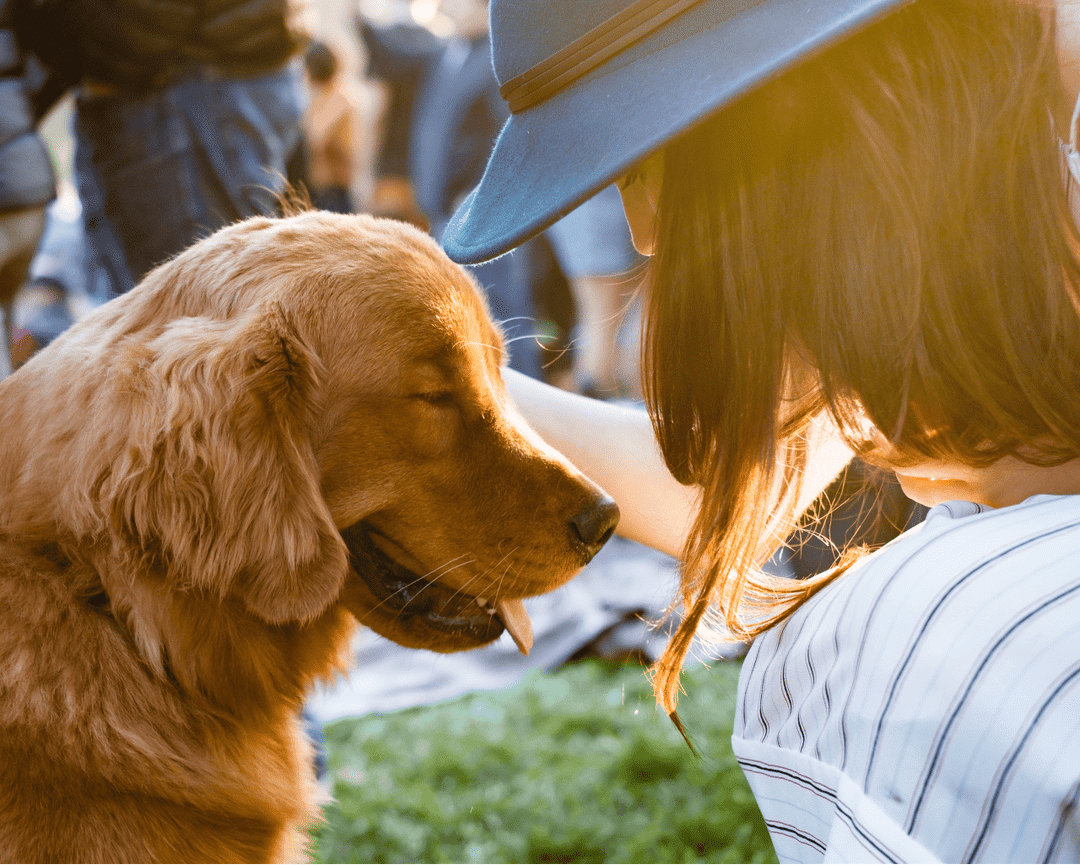
Training
Proven Techniques to Socialize an Older Dog with Humans
• 5 min read
Transform your older dog's social skills with these proven techniques and build lasting bonds with humans! Socializing an older dog can be a rewarding experience, providing numerous benefits for both the dog and the owner. This guide will walk you through the essential steps and strategies to help your dog become more comfortable and friendly around people.
Understanding the Importance of Socializing Older Dogs
Why Socialization Matters
Socialization is crucial for a dog's overall well-being. It helps them understand how to interact with different people and environments, reducing anxiety and improving behavior.
✅ Benefits for the Dog and Owner: Socialized dogs are typically happier and more confident. They can enjoy various activities and environments without fear or aggression, making outings more enjoyable for both the dog and the owner.
✅ Long-term Behavioral Improvements: Proper socialization can lead to long-term behavioral improvements. Dogs that are well-socialized are less likely to develop behavior problems such as aggression or extreme fearfulness.
Assessing Your Dog’s Current Social Skills
Identifying Socialization Levels
Before starting the socialization process, it’s important to assess your dog’s current social skills.
✅ Observing Behavior Around Humans: Watch how your dog reacts to different people. Do they seem nervous, excited, or aggressive? Understanding their baseline behavior will help you tailor your approach.
✅ Noting Any Signs of Fear or Aggression: Take note of any signs of fear or aggression. This could include growling, barking, hiding, or avoiding eye contact. Identifying these behaviors early on will help you address them more effectively.
Creating a Safe and Positive Environment
Setting the Scene for Success
Creating a safe and positive environment is crucial for successful socialization.
✅ Choosing the Right Location: Start socializing in a familiar and controlled environment where your dog feels safe. This could be your home or a quiet park.
✅ Ensuring a Calm and Controlled Setting: Make sure the setting is calm and free from overwhelming stimuli. Gradually introduce more challenging environments as your dog becomes more comfortable.
Gradual Introduction Techniques
Step-by-Step Socialization Process
Socializing an older dog should be a gradual process to ensure they remain comfortable and stress-free.
✅ Starting with Familiar People: Begin by introducing your dog to familiar people they already trust. This helps build confidence and positive associations.
✅ Gradually Introducing New Faces: Slowly expand their circle by introducing new people one at a time. Allow your dog to approach new people at their own pace and reward calm behavior.
Positive Reinforcement Strategies
Using Rewards and Praise
Positive reinforcement is a powerful tool in socializing dogs.
✅ The Role of Treats and Toys: Use your dog’s favorite treats and toys to reward positive interactions. This helps create positive associations with new people.
✅ Timing and Consistency in Rewards: Be consistent with your rewards. Immediately reward your dog for calm and friendly behavior to reinforce the desired response.

Expert Tips and Real-Life Examples
Advice from Professional Trainers
Professional trainers can offer valuable insights and techniques for socializing older dogs.
✅ Techniques Recommended by Experts: Experts often recommend techniques such as desensitization and counterconditioning to help dogs overcome fear and anxiety.
✅ Success Stories and Case Studies: Reading about other dog owners’ success stories can be inspiring and provide practical tips for your own training efforts.
Addressing Common Challenges
Overcoming Socialization Hurdles
Socializing an older dog can come with its own set of challenges, but these can be managed with patience and the right approach.
✅ Dealing with Fear and Anxiety: If your dog shows signs of fear or anxiety, take a step back and go at a slower pace. Use calming techniques such as gentle petting and soothing voice tones.
✅ Managing Aggressive Reactions: For dogs that show aggressive reactions, consider seeking help from a professional trainer. They can provide strategies and support to manage and reduce aggression.
Monitoring Progress and Adjusting Techniques
Tracking Improvement
Monitoring your dog’s progress is essential to understand what’s working and what needs adjustment.
✅ Keeping a Socialization Journal: Maintain a journal to track your dog’s interactions, noting their reactions and improvements over time. This can help you identify patterns and make informed decisions about your training approach.
✅ Knowing When to Adjust Strategies: Be prepared to adjust your strategies if something isn’t working. Flexibility is key to finding the best approach for your dog.
Frequently Asked Questions
How Long Does Socialization Take?
The time it takes to socialize an older dog varies depending on the dog’s temperament and previous experiences. It can take anywhere from a few weeks to several months. Consistency and patience are crucial throughout the process.
What If My Dog Is Resistant to Socialization?
If your dog is resistant to socialization, don’t force interactions. Go at a slower pace and use positive reinforcement to build trust. If necessary, seek help from a professional trainer.
Can Socialization Be Harmful If Not Done Correctly?
Improper socialization techniques can increase a dog’s anxiety and aggression. It’s important to use positive reinforcement and avoid forcing interactions. Gradual exposure and a calm environment are key to successful socialization.

Wrapping Up
Summary of Key Points
Socializing an older dog requires patience, consistency, and the right techniques. By understanding the importance of socialization, assessing your dog’s current skills, creating a positive environment, and using gradual introduction techniques, you can help your dog become more comfortable around humans.
Encouragement to Stay Patient and Consistent
Remember, socialization is a gradual process that requires time and effort. Stay patient and consistent, and celebrate small victories along the way. Your dedication will lead to a happier and more confident dog.
Final Thoughts on the Benefits of Socializing an Older Dog
Socializing an older dog can transform their behavior and enhance their quality of life. It strengthens the bond between you and your dog, making everyday interactions more enjoyable and stress-free. Start your socialization journey today and experience the positive changes it can bring.
MMDC Team
Healthy Pet, Happy Pawrents 💛